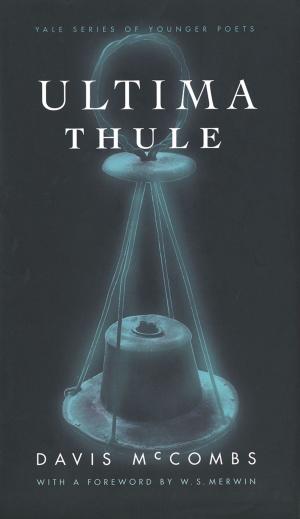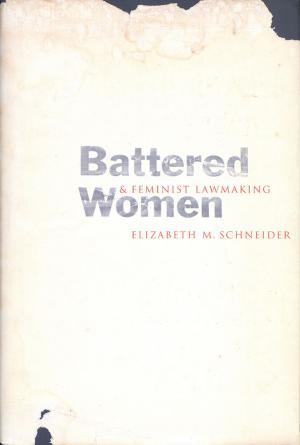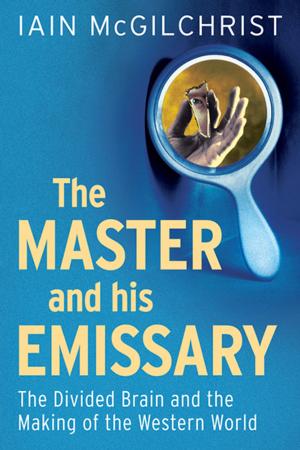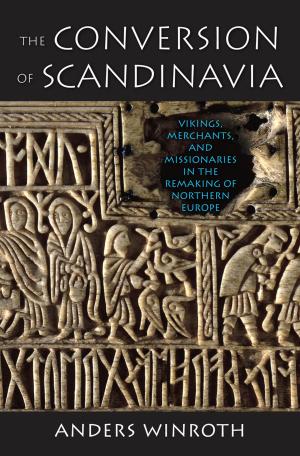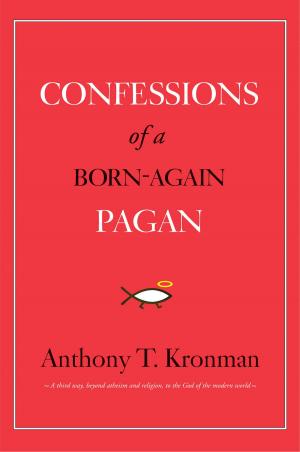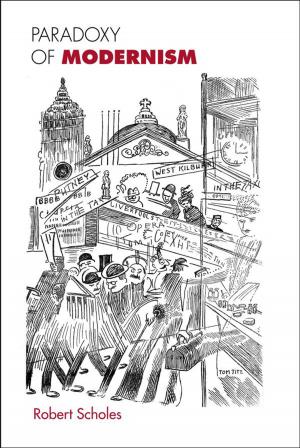Global Rules
America, Britain and a Disordered World
Nonfiction, Social & Cultural Studies, Political Science, International, International Relations, History, British, Americas, United States, 20th Century| Author: | Prof. James E. Cronin | ISBN: | 9780300210217 |
| Publisher: | Yale University Press | Publication: | September 11, 2014 |
| Imprint: | Yale University Press | Language: | English |
| Author: | Prof. James E. Cronin |
| ISBN: | 9780300210217 |
| Publisher: | Yale University Press |
| Publication: | September 11, 2014 |
| Imprint: | Yale University Press |
| Language: | English |
The Second World War created and the Cold War sustained a special relationship” between America and Britain, and the terms on which that decades-long conflict ended would become the foundation of a new world order. In this penetrating analysis, a new history of recent global politics, author James Cronin explores the dramatic reconfiguring of western foreign policy that was necessitated by the interlinked crises of the 1970s and the resulting global shift toward open markets, a movement that was eagerly embraced and encouraged by the U.S./U.K. partnership.
Cronin’s bold revisionist argument questions long-perceived views of postWorld War II America and its position in the world, especially after Vietnam. The author details the challenges the economic transition of the 1970s and 1980s engendered as the United States and Great Britain together actively pursued their shared ideal of an international assemblage of market-based democratic states. Cronin also addresses the crises that would sorely test the system in subsequent decades, from human rights violations and genocide in the Balkans and Africa to 9/11 and militant Islamism in the Middle East to the Great Recession” of 2008.
Cronin’s bold revisionist argument questions long-perceived views of postWorld War II America and its position in the world, especially after Vietnam. The author details the challenges the economic transition of the 1970s and 1980s engendered as the United States and Great Britain together actively pursued their shared ideal of an international assemblage of market-based democratic states. Cronin also addresses the crises that would sorely test the system in subsequent decades, from human rights violations and genocide in the Balkans and Africa to 9/11 and militant Islamism in the Middle East to the Great Recession” of 2008.
The Second World War created and the Cold War sustained a special relationship” between America and Britain, and the terms on which that decades-long conflict ended would become the foundation of a new world order. In this penetrating analysis, a new history of recent global politics, author James Cronin explores the dramatic reconfiguring of western foreign policy that was necessitated by the interlinked crises of the 1970s and the resulting global shift toward open markets, a movement that was eagerly embraced and encouraged by the U.S./U.K. partnership.
Cronin’s bold revisionist argument questions long-perceived views of postWorld War II America and its position in the world, especially after Vietnam. The author details the challenges the economic transition of the 1970s and 1980s engendered as the United States and Great Britain together actively pursued their shared ideal of an international assemblage of market-based democratic states. Cronin also addresses the crises that would sorely test the system in subsequent decades, from human rights violations and genocide in the Balkans and Africa to 9/11 and militant Islamism in the Middle East to the Great Recession” of 2008.
Cronin’s bold revisionist argument questions long-perceived views of postWorld War II America and its position in the world, especially after Vietnam. The author details the challenges the economic transition of the 1970s and 1980s engendered as the United States and Great Britain together actively pursued their shared ideal of an international assemblage of market-based democratic states. Cronin also addresses the crises that would sorely test the system in subsequent decades, from human rights violations and genocide in the Balkans and Africa to 9/11 and militant Islamism in the Middle East to the Great Recession” of 2008.


